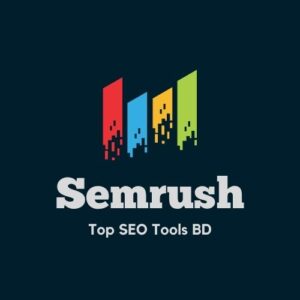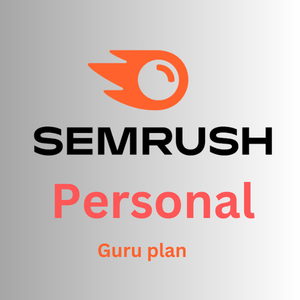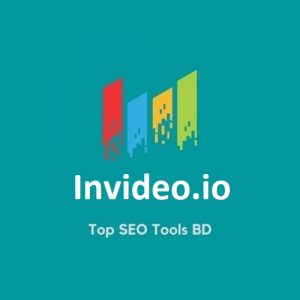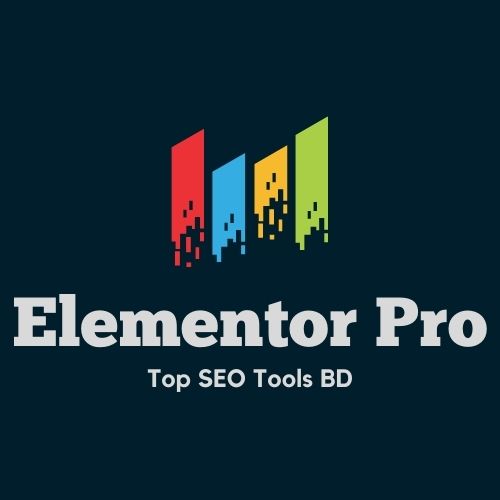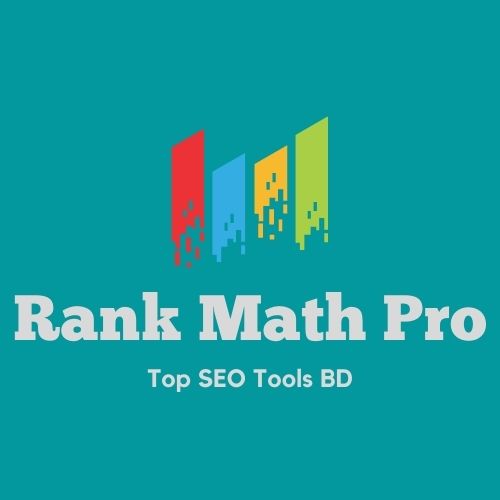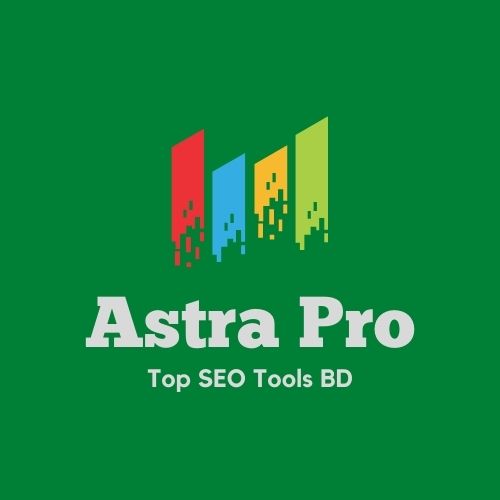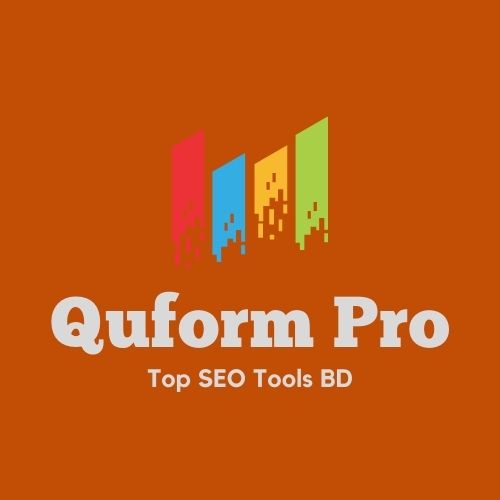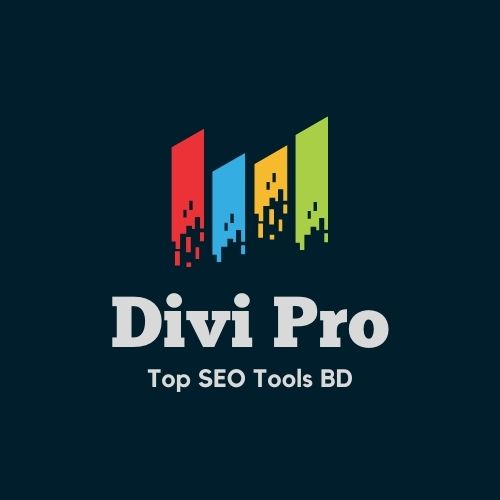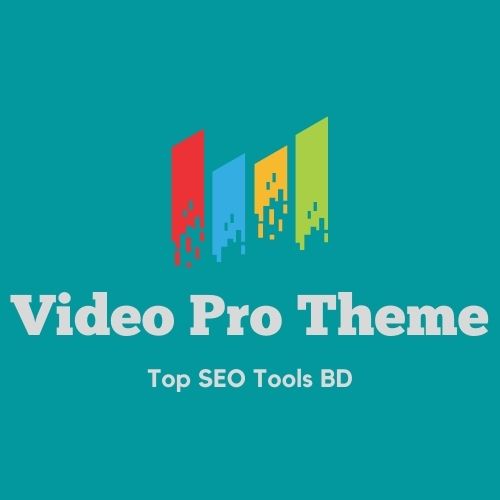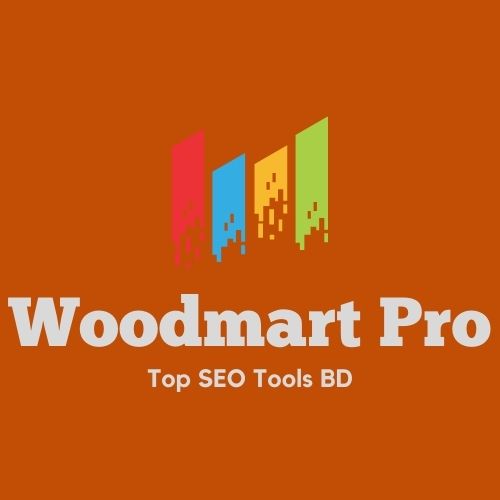Single Tools Pricing
Premium Plugin & Themes
Limited Time Offer
Get 10% Discount
As the pinnacle corporation purchase search engine optimization equipment issuer in bd, we offer nice cut price as heaps as feasible. We will supply ahrefs with enterprise business enterprise package deal deal best. You can upload jasper with this additionally.
Buy Heavy Package At 10% Discount, Use Code OFF20
A network of seo Tools sharing known as Top SEOTools BD has been around for more than six years and is one of the maximum famous organizations in its area. They have over 1000 members from all around the international!
Get Premium search engine optimization Tools Access with,ninety nine% Privacy Protection.
All Of Our Tools are 100% Premium and No Trial Versions. We Provide 99.Nine% Uptime and Privacy safety. So You Can Trust Us To Use Our seo Tools.
Get Access to All Premium search engine marketing gear With One Group Buys.
We are The Cheapest Provider of Ahrefs, Semrush, Majestic search engine marketing, and Other 50+ SEO Tools in Bangladesh with ninety nine% Uptime And Privacy Protection. So use our premium group purchase offerings in your commercial enterprise growth.
What we Provide For Freelancers

Group Buy SEO Tools
We will offer you with 50+ gear of ahreafs, semrush and majestic seo for organization buy at a totally reasonably-priced fee in Bangladesh markets like Dhaka, Chittagong, and so forth. If You Need More Tools Then Contact Us We Will Add It For This Service.

Wp Themes With Genuine License
We Provide Genuine License Wp Themes With Our search engine marketing Tools. In Our wp topics Package, You Will Get Unlimited Theme And Plugin Access For Free Of Cost.

Wp Plugins With Genuine License
We Provide Genuine License Wp Plugins With Our seo Tools. In Our wp plugins Package, You Will Get Unlimited Plugin And Theme Access at a Very cheap Rate.
Why We are the Best SEO Tools Provider ?
Since 2015, we have been supplying the finest Group Buy search engine optimization Tools, and our provider has received the confidence of masses of marketers. We have an advanced Cloud machine with one-click on get entry to that offers you get entry to to forty five popular device for your advertising and marketing desires.

Highest Uptime
We have extra than ninety nine% uptime. Our servers are effective and our community is lightning fast.

Security
We use modern safety protocols to protect your statistics from hackers, malware, and many others.

Affordable Price
You can get our search engine marketing Tools at a very reasonably-priced charge from us!

Fast Access
All of our device are on hand in much less than one minute. We provide 24/24 guide to all customers!

Customer Support
We provide 24/24 customer service. We're simply an email away!

Video Tutorials
Don't fear, we will provide you with every equipment academic which could help to look at global-main usability.
Love From Our Clients





